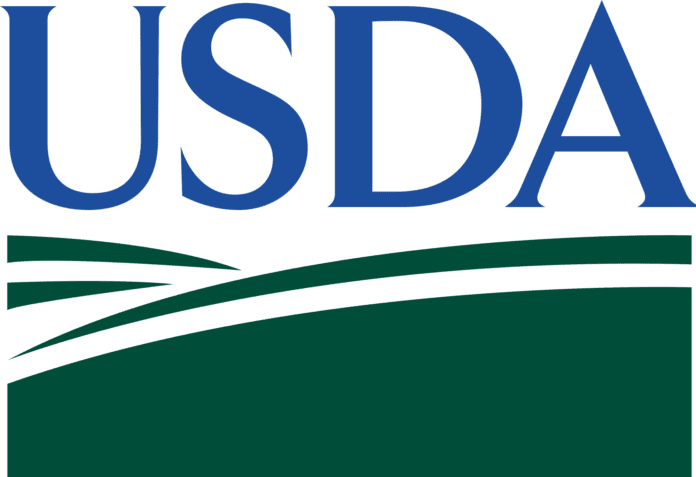“`html
Brooke Rollins Confirmed as USDA Leader in Senate Vote
The U.S. Senate has voted to confirm Brooke Rollins as the new leader of the U.S. Department of Agriculture (USDA) with a decisive 72-28 vote. Rollins, a long-time ally of former President Donald Trump and a former White House policy advisor, has a controversial track record regarding climate change, which has raised concerns among various stakeholders in the agricultural sector.
As the head of the USDA, Rollins will oversee an agency comprising approximately 100,000 employees and will be responsible for managing critical programs related to farming, food benefits, and school meal initiatives. Her confirmation comes at a challenging time marked by low farm income levels, proposed cuts to domestic food assistance programs, and a broader agenda spearheaded by influential figures such as billionaire Elon Musk to streamline the federal workforce.
The Senate’s confirmation of Rollins followed her nomination hearing conducted by the Agriculture Committee on January 23. Subsequently, her nomination was advanced unanimously on February 3, reflecting a bipartisan acknowledgment of her qualifications despite some reservations about her policy positions.
Rollins previously led a conservative policy organization in Texas for 15 years, which received backing from the oil industry. During her tenure, the organization published numerous reports that criticized both ethanol production and farm subsidy programs. However, during her nomination hearing, Rollins contended that those reports were outdated and did not accurately represent her current views, asserting her support for ethanol production.
Brian Jennings, the CEO of the American Coalition for Ethanol, expressed optimism about working with Rollins to finalize the 45Z clean fuel tax credit and enhance biofuel infrastructure, indicating a willingness from the industry to engage with her administration.
In the follow-up questioning after her hearing, Senator Amy Klobuchar, the ranking member of the Agriculture Committee, inquired whether Rollins regarded climate change as a threat to U.S. farmers and ranchers. Her response suggested a nuanced view: “We all know the climate changes throughout the year, but the cause and solutions are not widely understood or defined,” according to a transcript of her answers seen by Reuters.
House Agriculture Committee leaders, Chairman Glenn “GT” Thompson and Ranking Member Angie Craig, both emphasized the importance of Rollins’ role during this critical juncture for agriculture in the United States, expressing their eagerness for collaboration as she assumes her new responsibilities.
Prior to her confirmation, Rollins served as the acting director of the White House Domestic Policy Council during Trump’s first term. She later took the helm of the America First Policy Institute, a think tank aligned with Trump’s policies, further cementing her connection to the former administration’s agenda.
It is noteworthy that the Trump administration’s initiatives, including a freeze on foreign aid and certain agricultural grant and loan programs, had significant repercussions for the agricultural landscape. These policies have led to work stoppages at various agricultural research laboratories and have resulted in delays for farmers expecting government payments.
As Rollins steps into her new role, she faces the dual challenge of addressing the immediate needs of the agricultural community while navigating the complex political landscape shaped by past policies and ongoing debates surrounding climate change and agricultural sustainability. Her tenure could have lasting effects on the USDA’s direction, especially amid calls for reform and modernization within the agency.
In conclusion, Brooke Rollins’ confirmation as the leader of the USDA marks a pivotal moment for American agriculture. Stakeholders from various sectors will be closely watching her policies and decisions, as they will undoubtedly shape the future of farming, food security, and environmental stewardship in the United States.
“`




